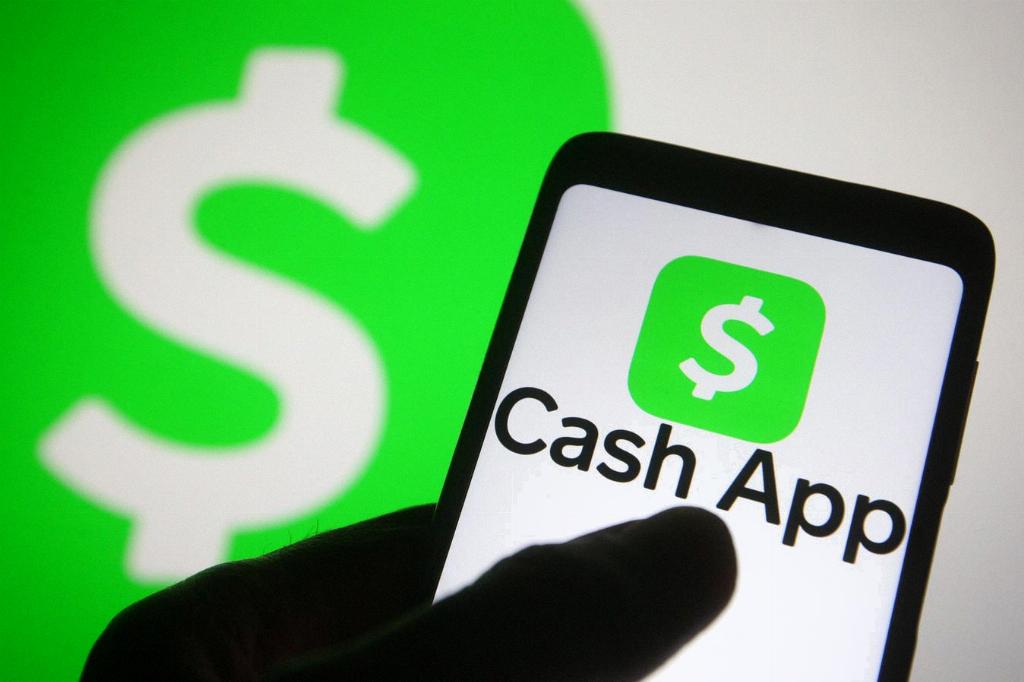When exploring the functionality of Cash App, it is essential to differentiate between a traditional bank account and the services offered by Cash App. While Cash App provides a range of financial services, it is important to note that it is not a bank itself.
The Role of Cash App’s Bank Partners
Despite not being a bank, Cash App collaborates with bank partners to provide certain banking services. This partnership allows users to access features such as direct deposit, sending and receiving money, and investing in stocks.
Direct Deposit Capabilities
One of the key features that blurs the lines between traditional banking and Cash App is the ability to receive direct deposits into your Cash App account. This feature enables users to receive payments such as salaries or government benefits directly into their Cash App balance.
Managing Funds in Cash App
While Cash App offers some banking-like features, it is important to understand that the funds in your Cash App account are not FDIC-insured. This means that the protection typically associated with traditional bank accounts may not apply to your Cash App balance.
Sending and Receiving Payments on Cash App
Another aspect that blurs the distinction between using Cash App and a traditional bank account is the ability to send and receive money to and from other users. This functionality mimics traditional bank transfers but operates within the Cash App ecosystem.
Investing Options on Cash App
In addition to basic banking services, Cash App offers the opportunity to invest in stocks and even Bitcoin. While this feature expands the platform’s capabilities, it further underscores that Cash App is not a traditional bank account.
Cash App Card
One way Cash App bridges the gap between fintech and traditional banking is through the Cash App Card. This physical card allows users to spend their Cash App balance at merchants that accept Visa, essentially enabling them to use their Cash App funds like a debit card.
Account and Transaction Reporting
Users of Cash App can access account statements and transaction histories, similar to what is offered by traditional banks. This feature provides transparency and allows users to track their financial activities within the app.
FDIC Insurance and Cash App
It is important to note that FDIC insurance, which protects funds in traditional bank accounts up to a certain limit, does not apply to the funds held in a Cash App account. This distinction underscores the difference between the two financial services.
Using Cash App Alongside a Bank Account
While Cash App offers various banking-like features, many users choose to utilize it alongside a traditional bank account. This approach allows individuals to benefit from the convenience and flexibility of Cash App while maintaining the security and stability of a standard bank account.
Final Verdict: Cash App vs. Bank Account
In conclusion, while Cash App provides a range of features that overlap with traditional banking services, it is not a bank account itself. The platform’s collaboration with bank partners enables users to access certain banking functionalities but falls short of providing the complete suite of services offered by a traditional bank.

Exploring Your Financial Options
Ultimately, the decision to use Cash App as a bank account alternative depends on your individual financial needs and preferences. By understanding the distinctions between Cash App and traditional banking services, you can make an informed choice that aligns with your financial goals.
